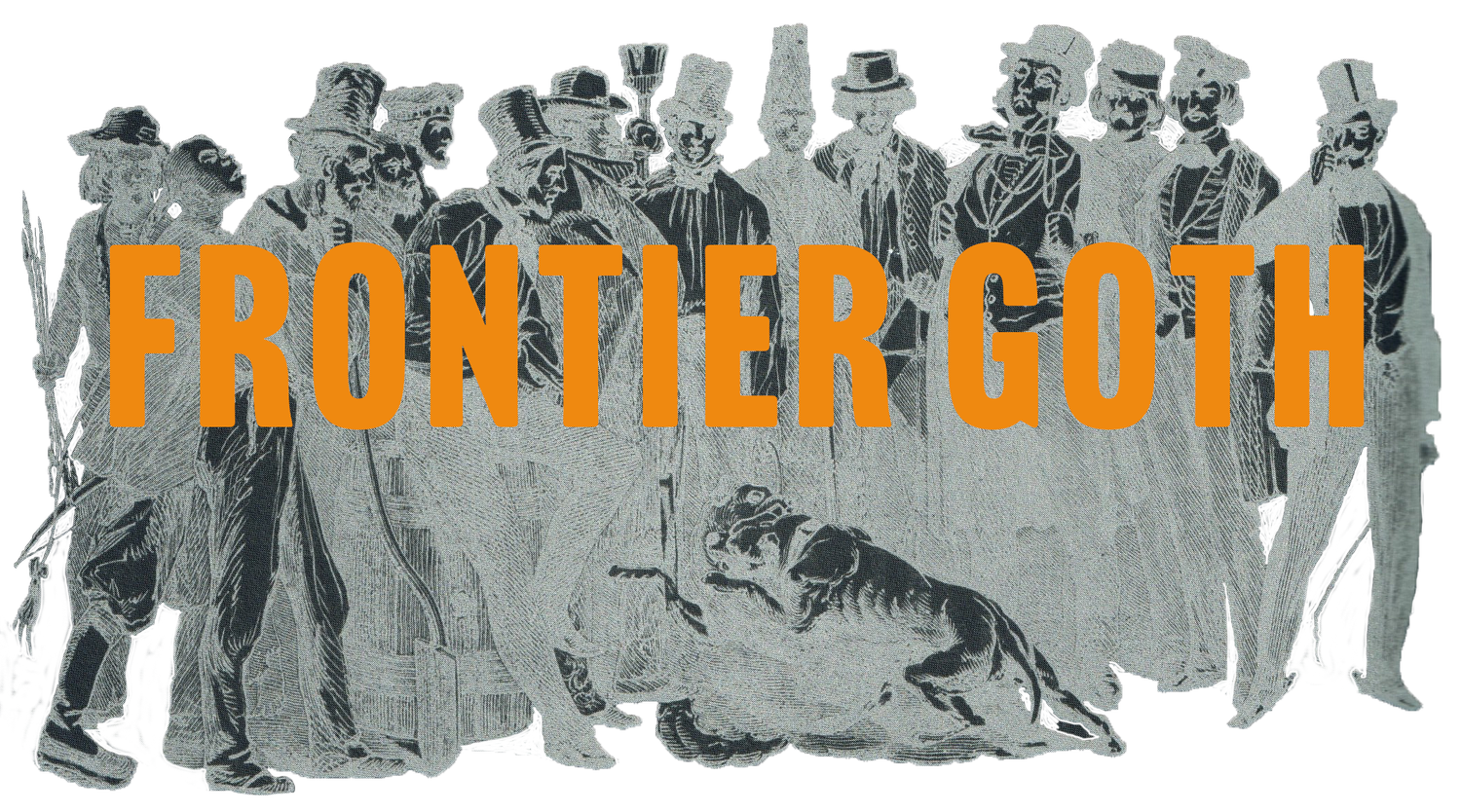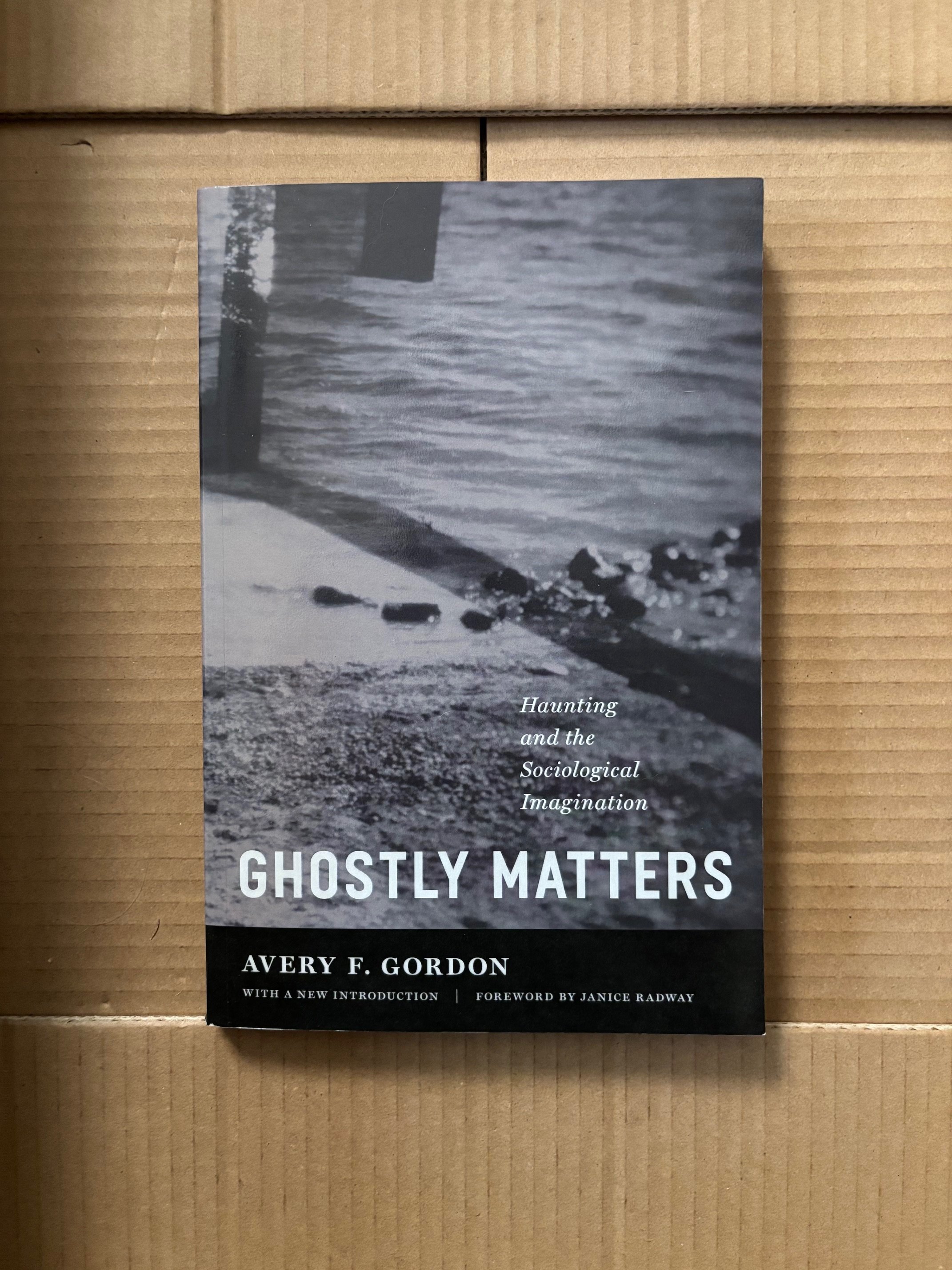Ghostly Matters by Avery F. Gordon
“Complex personhood means that all people (albeit in specific forms whose specificity is sometimes everything) remember and forget, are beset by contradiction, and recognize and misrecognize themselves and others. Complex personhood means that people suffer graciously and selfishly too, get stuck in the symptoms of their troubles, and also transform themselves. Complex personhood means that even those called ‘Other’ are never never that. Complex personhood means that the stories people tell about themselves, about their troubles, about their social worlds, and about their society’s problems are entangled and weave between what is immediately available as a story and what their imaginations are reaching toward. Complex personhood means that people get tired and some are plain lazy. Complex personhood means that groups of people will act together, that they will vehemently disagree with and sometimes harm each other, and that they will do both at the same time and expect the rest of us to figure it out for ourselves, intervening and withdrawing as the situation requires. Complex personhood means that even those who haunt our dominant institutions and their systems of value are haunted too by things they sometimes have names for and sometimes do not. At the very least, complex personhood is about conferring the respect on others that comes from presuming that life and people’s lives are simultaneously straightforward and full of enormously subtle meaning.”
&
”But it is also true that ghosts are never innocent: the unhallowed dead of the modern project drag in the pathos of their loss and the violence of the force that made them, their sheets and chains. To be haunted and to write from that location, to take on the condition of what you study, is not a methodology or a consciousness you can simply adopt or adapt as a set of rules or an identity; it produces its own insights and blindnesses. Following the ghosts is about making a contact that changes you and refashions the social relations in which you are located. It is about putting life back in where only a vague memory or a bare trace was visible to those who bothered to look. It is sometimes about writing ghost stories, stories that not only repair representational mistakes, but also strive to understand the conditions under which a memory was produced in the first place, toward a countermemory, for the future.”
&
”It is essential to see the things and the people who are primarily unseen and banished to the periphery of our social graciousness. At a minimum it is essential because they see you and address you. They have, as Gayatri Spivak remarked, a strategy towards you. Absent, neglected, ghostly: it is essential to imagine their life worlds because you have no other choice but to make things up in the interstices of the factual and the fabulous, the place where the shadow and the act converge. It is essential to write about societies and people enthralled by magic, enchanted, possessed and entranced, disappeared, and haunted because, well, it is more common than you might have considered.”
-Avery F. Gordon, 1997


